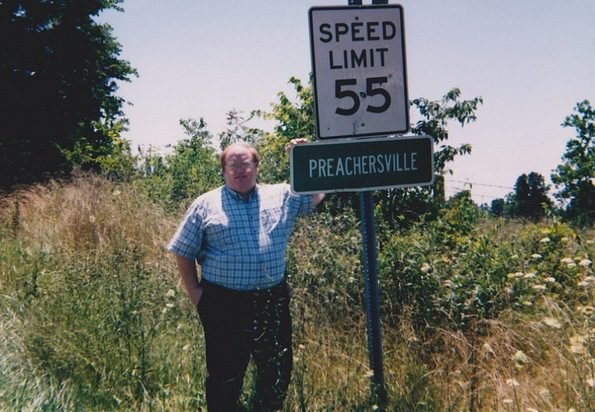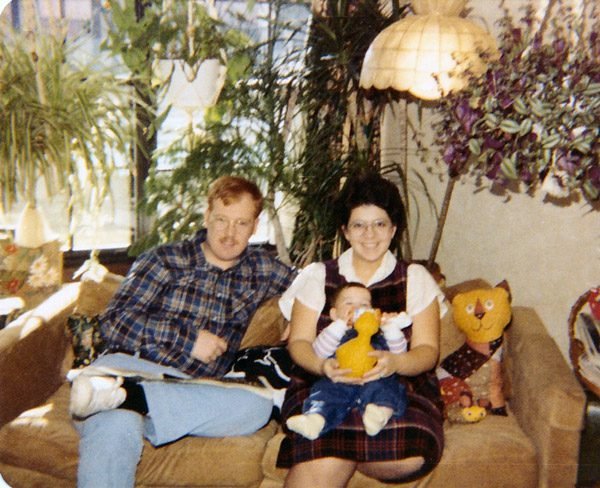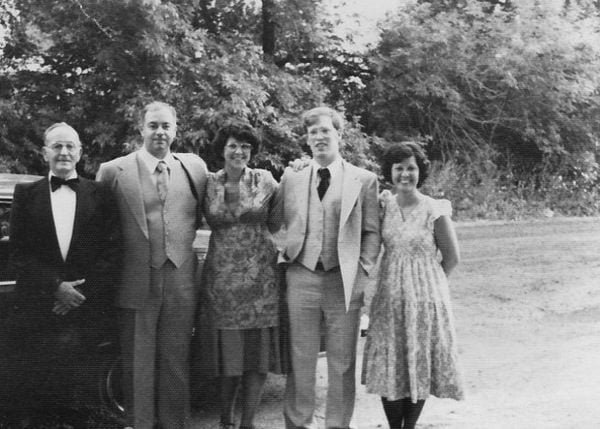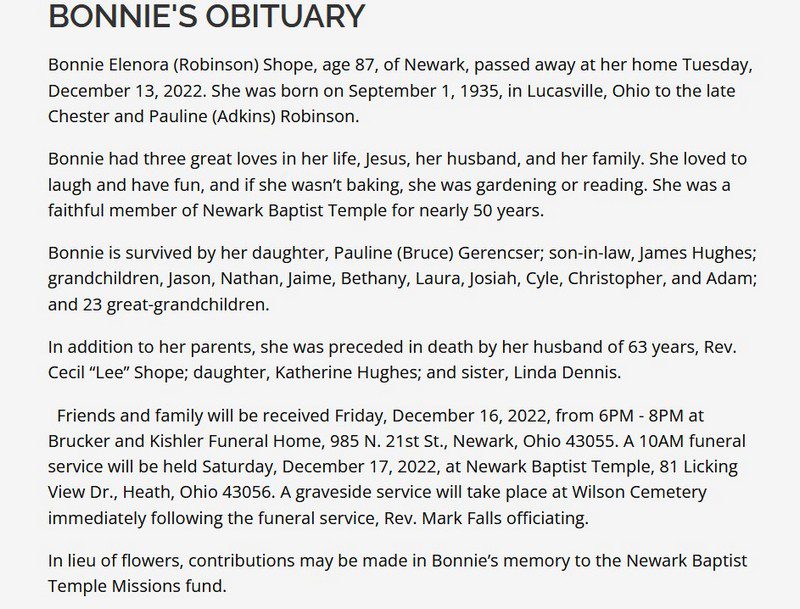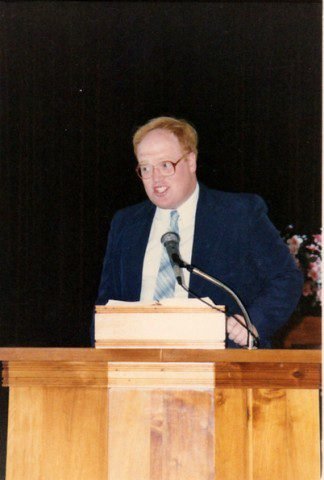
Independent Fundamentalist Baptist (IFB) churches, colleges, and parachurch groups are stand-alone entities. While these churches, colleges, and groups may jointly affiliate with one another based on theology, educational institutions, or mission agencies (please see Let’s Go Camping: Understanding Independent Fundamentalist Baptist Camps), they are fiercely independent, coveting freedom of association above all else.
Pastors, then, are independent contractors, free to start and/or pastor any congregation they want. The independent local church decides which independent contractor it wants to be its pastor. All power, authority, and control rests with the congregation, not a denomination or some other controlling group.
No two IFB churches are alike. While there are core theological beliefs one must hold to be an Independent Fundamentalist Baptist, there is a lot of disagreement among churches and pastors over eschatology (end-time events), ecclesiology (church government), soteriology (doctrine of salvation), music, worship styles, education, and social practices. IFB churches are known for their fussing and fighting, often over trivial things. IFB pastors tend to “major on the minors.” Polly’s mom died last week. At the graveside service, Mark Falls, Mom’s pastor, decided to take a swipe at people who think it is okay to be cremated after death. According to Falls, burial is the Christian way. Implied in his comment was the notion that cremation is some sort of pagan practice. Why focus on such a trivial point at a vulnerable, emotional time? Sadly, this is what IFB preachers do.
Most IFB churches are pastored by one man. A small minority of churches have a plurality of elders, but even then, there tends to be one elder who rules over them all. It is not uncommon for IFB pastors to stay at their churches for long periods of time. I was taught at Midwestern Baptist College to pray to God, asking him to direct me to a community that needed a “good” church — “good” meaning an IFB church. And once God had directed me where to go, I was to, without hesitation, move to that community, put my roots down, and stay for a lifetime. I know countless IFB pastors who have been pastoring the same church for twenty, thirty, and even fifty years.
IFB pastors tend to have autocratic tendencies. Some pastors, over time, become dictators. Pastors believe they were/are supernaturally called by God to preach. Their boss, then, is God, not the church. Some IFB church planters write into their church’s governing documents restrictions that make it almost impossible to get rid of them. One church I know of requires a 75% majority to remove the pastor. Another church’s constitution stated the current pastor was pastor-for-life, and the only way to remove him was for him to voluntarily agree to leave.
Over time, cultic IFB authoritarians tend to consolidate and increase their power. In the case of men such as the late Jack Hyles, they are revered as demigods. Even after the salacious truth came out about Hyles and his complicity in his son David’s criminal behavior, he is still revered by countless IFB Christians. A statute of Hyles and his wife still stands large and proud outside of First Baptist Church in Hammond, Indiana — pastored by Hyles for forty-two years. No one modeled and promoted IFB authoritarianism better than Hyles. At one time, First Baptist had 600 deacons. However, there was never a question about who was running the show. (Please see The Legacy of IFB Pastor Jack Hyles.)
I have no doubt that Jack Hyles intended for his son David to take over his throne when he retired. Unfortunately, David’s serial adultery and alleged criminal sexual misconduct put an end to that succession plan. Hyles, then, turned to the next man in line for the throne, his son Jack Schapp. Schaap was later convicted of having sex with a teen church girl he was counseling and sentenced to 12 years in prison.
Many IFB churches are family businesses, especially in churches where the pastor has a long tenure. It is not uncommon to find churches where multiple members of the pastor’s family work for the church in paying positions. Even pastors’ wives are hired to be their husbands’ secretaries. (Disclosure: Polly was my secretary for many years. Unpaid, except for those times when we locked the door and used my desk for intense “study.”) 🙂
Imagine a young man who grows up in an authoritarian IFB pastor’s home. He is either homeschooled or educated at a private Christian school operated by the church his father pastors. His father might even be the principal of the school. At an early age, the pastor’s son gets “saved” and later stands before the church to tell them that “God” is calling him to preach. Preacher Dad is, of course, peacock proud over his son joining the family business — as if he really had a choice. It was long expected that my oldest son would become a preacher. He was enrolled in fall classes at Pensacola Christian College when he started to have uncharacteristically spiritual struggles. Come to find out, HE didn’t want to be a preacher. No one bothered to ask him what he wanted. I set my son free from that oppressive burden. He, instead, went to work for the same manufacturing concern his mother works for. Twenty-six years later, he has an excellent-paying job and has scores of people who work under him. Sadly, Polly’s father, an IFB preacher, went to his grave unhappy that none of his grandsons followed in his footsteps. In the IFB world, there’s nothing more important than young men being called into full-time service for the Lord. (Young women? Christian school teacher or marrying a preacher is the zenith of your career path.)
After graduation from high school, the aforementioned young man heads off to an approved IFB college, often the very same college his father attended. After graduating from college, the newly minted preacher boy returns home to work for his father, either as his assistant, youth director, or some other paid position. Sometimes, the new preacher works for a pastor friend of his father first before heading home. Doing this supposedly lessens accusations of nepotism.
Eventually, the pastor’s son ends up at the right hand of his father — the CEO in waiting. At the appointed time, the heir will be installed to the throne, ruling for another generation. It shouldn’t take a genius to see that this is a bad idea. The second (sometimes third) generation pastor has no real-world experience outside of his father’s home and church. The college the young man attended was not tasked with expanding his horizons. The goal is the reinforcement of beliefs and practices, continued conditioning and indoctrination. What the senior pastor wants is a clone, a young man who can hold the line and continue in the IFB faith once delivered to the saints.
While I am sure there are IFB churches with healthy governmental structures, I just don’t know of any. What I have described in this post is common, leading to all sorts of dysfunction and dangerous authoritarianism.
Bruce Gerencser, 66, lives in rural Northwest Ohio with his wife of 45 years. He and his wife have six grown children and thirteen grandchildren. Bruce pastored Evangelical churches for twenty-five years in Ohio, Texas, and Michigan. Bruce left the ministry in 2005, and in 2008 he left Christianity. Bruce is now a humanist and an atheist.
Connect with me on social media:
Your comments are welcome and appreciated. All first-time comments are moderated. Please read the commenting rules before commenting.
You can email Bruce via the Contact Form.

